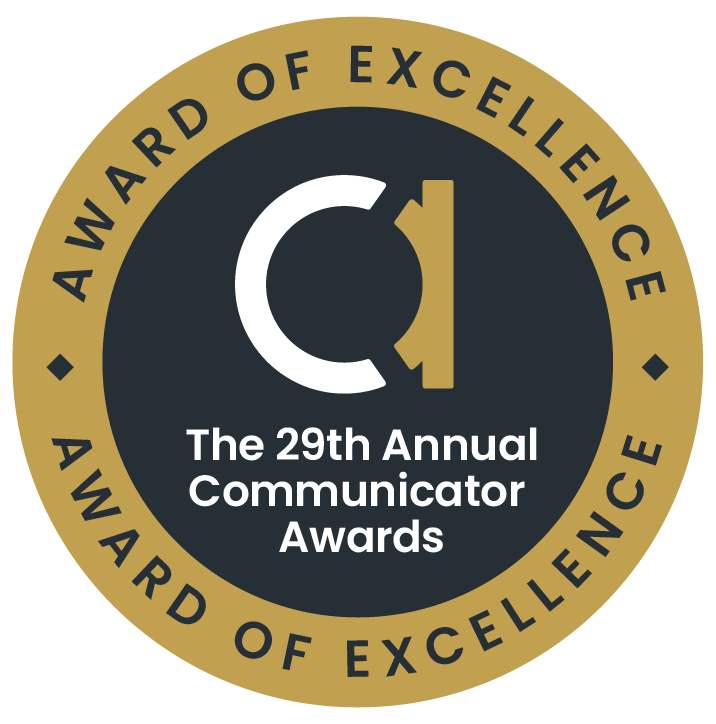|
Malcolm X Who Was Malcolm X?Breadcrumb
Malcolm X with his daughter Ilyasah at John F. Kennedy International Airport, November 24, 1964. (Photo by Robert Parent/Getty Images)
Legendary actor-activist Ossie Davis, in eulogizing him, spoke of Malcolm X’s remains being consigned to earth, not as a man, but as a seed that would return. Upon return, Malcolm X would reveal himself to the world "for what he was and is — a Prince — our own Black shining Prince! — who didn't hesitate to die, because he loved us so." Despite being one of the world’s most recognizable activists, Malcolm X was a figure in a constant state of social, intellectual, and spiritual evolution and change. One way that change can be seen is how he identified himself throughout his lifetime. Born Malcolm Little, before becoming known as Detroit Red, then Malcolm X, and finally, El Hajj Malik El Shabazz, he was a person who embodied self-determination and transformation. The museum commemorates Malcolm X’s life and legacy, acknowledging the magnitude of his presence and the transformative power of his messages.
Typewriter and case used by secretary of Temple #7 Collection of the Smithsonian National Museum of African American History and Culture, Gift of the family of Becca Nu'Mani
Born Malcolm Little in Omaha, Nebraska, on May 19, 1925, Malcolm X was the fourth of seven children born to Earl Little and Louise Norton. His parents were members of Marcus Garvey’s Universal Negro Improvement Association (UNIA) — with his father serving as the Omaha chapter president and his mother, the division secretary. The UNIA stressed Black pride, economic independence, and a celebration of African history and culture — principles that shaped Malcolm X’s early childhood and later shaped his messages of political self-determination, personal and racial pride, and social responsibility. Devoted Husband and Father Shabazz described her husband as gentle and kind, with a tremendous sense of humor, and an intellectual who read complex books in hours. She also noted Malcolm X’s courage in facing racism, divisions within the Nation of Islam, and a rising tide of racial and social unrest.
Betty Shabazz, 1969 Johnson Publishing Company Archive. Courtesy J. Paul Getty Trust and Smithsonian National Museum of African American History and Culture
“I am very grateful that I had the conference experience to be around him for years and experience a Black man who was goal-oriented and had a lot for his people. And made his contribution as he should and as we all should, but without fear. He feared God, and that was it.” Dr. Betty ShabazzWife of Malcolm X
His fearlessness was witnessed by his daughters, who, while understanding the fight against injustice their father undertook, saw him first and foremost, as ‘Dad.’
"Before we understood the icon that is Malcolm X, our mother made sure that we knew him primarily as "Daddy" or "Mommy’s husband" — the loving and compassionate man, that we knew about the importance of his love and compassion, about his intelligence and commitments! It was at school where I learned about him as one of the leaders in the civil rights movement. That was where I learned of racism and injustice." Ilyasah ShabazzDaughter of Malcolm X
Betty Shabazz and children at home, ca. 1969 Johnson Publishing Company Archive. Courtesy J. Paul Getty Trust and Smithsonian National Museum of African American History and Culture
Electrifying Orator
We use the video player Able Player to provide captions and audio descriptions. Able Player performs best using web browsers Google Chrome, Firefox, and Edge. If you are using Safari as your browser, use the play button to continue the video after each audio description. We apologize for the inconvenience.
Through hundreds of speeches, Malcolm X also addressed the injustices that marginalized communities faced. In a Brown University speech Malcolm X gave on May 11, 1961, for instance, he said: "There are 20 million so-called 'negroes' here in America. Twenty million ex-slaves. Twenty million second-class citizens. No matter what other classification you try to put on them, you can't deny that we are ex-slaves. You cannot deny that we are second-class citizens. And the fact that we are second-class citizens means someone has done us an injustice and deprived us of that which is ours by right."
Cherished Friend and Companion Among them, legendary and award-winning poet Maya Angelou, who counted Malcolm X with having an incredible sense of humor and a man who truly loved Black people. The two met when Malcolm X visited Ghana seeking support for a charge against the United States in the United Nations for racial crimes against African Americans. At the time, Angelou was residing in Ghana with her son, Guy.
Image of Maya Angelou and Malcolm X in Ghana in 1964. Getty Images
"He was one of the most courageous persons I know. Courage is the most important virtue of them all because without courage you cannot practice any other virtue consistently. You can’t be consistently kind, consistently fair, merciful, just, loving… you just cannot. Malcolm having said all whites were blue-eyed devils, he went to Mecca and came to West Africa, and he said, I have met white skinned, blue-eyed men who I’ve openly called ‘brother.’ I was wrong. It takes a great deal of courage to say that… So, among other things, his courage and his exquisite sense of humor, young people should be reading.” Maya AngelouFriend of Malcolm X
Malcolm X epitomized provider, protector, teacher, and companion through the examples he set for the many people around him. As a husband to his wife, Dr. Betty Shabazz, and father to their daughters Attallah, Qubilah, Ilyasah, Gamilah, and Malaak, Malcolm X showed himself to be spiritually grounded. His family witnessed his prayer life, the tenacity and courage from which he drew great oratorical skill, and a stalwart perseverance to address friends, foes, strangers, and comrades with unmatched compassion.
Expand All
References
NMAAHC Ossie Davis. "Eulogy for Malcolm X" Faith Temple Church of God in Christ, New York City - February 27, 1965 American Visionary Project, Video, Maya Angelou: Malcolm X. American Visionary Project Ilyasah Shabazz. Essence, “What My Dad, Malcolm X, Taught Me,” Essence Magazine, May 19, 2023. NPR, Lost Malcolm X Speech Heard Again 50 Years Later ICIT Digital Library, Malcolm X's Speech After the Firebombing (Feb. 14, 1965) Yuri Kochiyama #16: Meeting Malcolm X.
Tags
Related Stories
The Women Who Shaped the Man
A Legacy of Black Identity and Empowerment
Transformation of Religious Views and Racial Understanding
More Related Stories (责任编辑:) |












